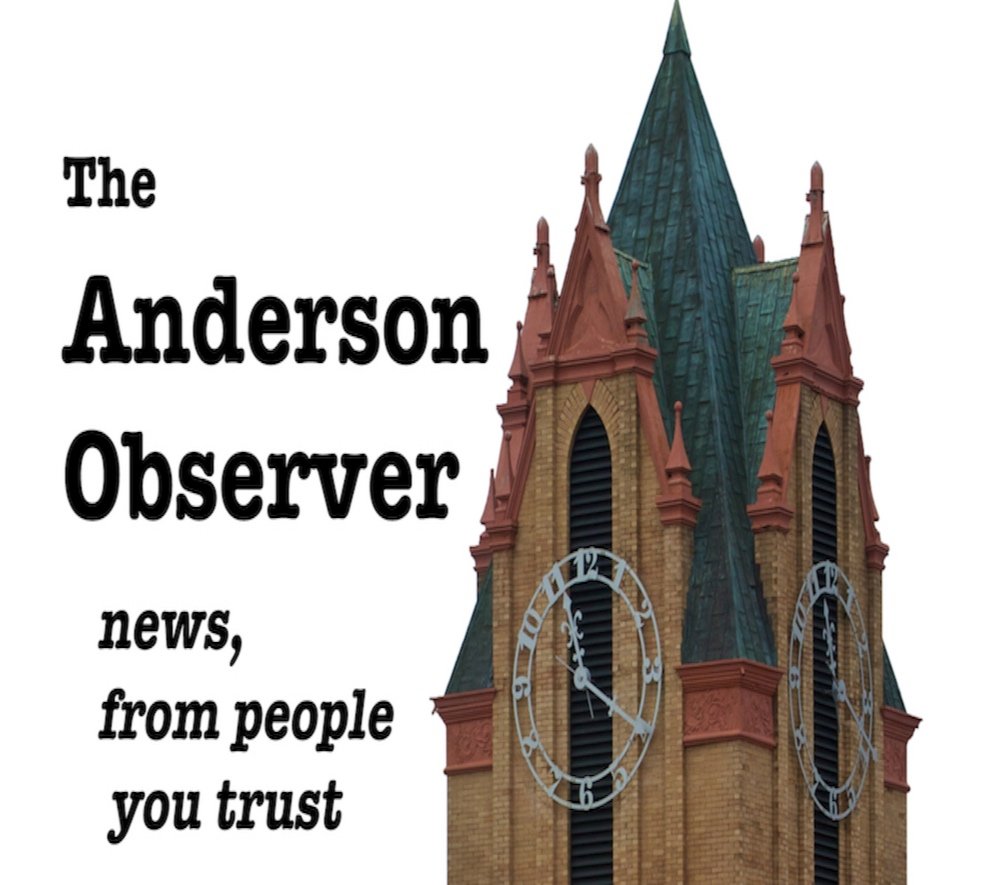City Delay on Redistricting a Passionate Misstep
Editorial Board
In an era where many voters feel far removed from elected officials who represent their interests, it is good to find passion in those chosen for office.
Local elections – city, county, town – often have a great deal more influence on the day-to-day lives of citizens that trickle down from Columbia or Washington. Local representatives are also more connected, only a visit or phone call away from any constituent with a question or need.
The overwhelming majority of these officials also are personally connected to the neighborhoods and the neighbors represented by those areas, giving them a running start when presented with a question or a problem.
These men and women have chosen public service, sacrificing time away from their own families and businesses to serve the greater good, with very little compensation other than the satisfaction that they are making a difference in their community. They are also aware of the cooperative efforts and sometimes feuds which can define communities.
But occasionally these connections can be a hindrance to serving the community at large. In Anderson County’s towns and cities, it is rare to witness local representatives advocating for their districts over the greater good.
That seems to be the case in the City of Anderson’s slow adoption of the redistricting map based on 2020 Census numbers, which began in earnest in January. It’s a little late now to ponder why it took the city so long to put this process, driven by council, in motion (final census numbers were available in the fall of 2020). Anderson County approved their redistricting map in early 2022.
Meanwhile, partnering with the South Carolina Office of Research and Statistics, a non-partisan organization which has done redistricting work in 39 counties in the state, the city has reviewed multiple revisions and updates of the map, with a fifth revision approved at the August 28 council meeting by a vote of 5-4, as those opposed asked for more time to evaluate the remap.
The goal of the new voting map requires districts of equal population (or as equal as practical) and compliance with the Equal Protection Clause of the 14th Amendment which espouses the principle of “one person, one vote.”
Each district must also comply with the federal Voting Rights Act of 1965 to ensure minorities have an equal opportunity to elect representatives of their choice; be drawn contiguously, so that all parts of the district are connected to each other; minimize the division of voting precincts, cities, counties, neighborhoods, and communities of interest to the extent possible; be geographically compact so that nearby areas of population are not bypassed for a more distant population; comply with other applicable court decisions and federal and state laws.
There seems to be little disagreement among city council members that the most recent map meets these requirements. The issue is that in redrawing some lines, some neighborhoods will now be represented by a different council member. Several council members have been adamant they have no doubt that however the map is redrawn, citizens will receive solid representation.
At the same time three council members have expressed concerns over losing neighbors or areas they have long represented. An official for the group drawing the new lines told council Aug. 28 he had made about all the revisions he could make to keep the map in compliance.
Monday night’s delay also creates an unnecessary burden on the Anderson County Board of Voter Registration and Election, which is charged with making the precinct changes in time for the City of Anderson’s April 2 municipal elections and cannot begin work until they receive a final map.
Two more weeks pondering the new map seems an unnecessary and meaningless delay, and is unlikely to see the movement of road boundaries some council members seek. Let’s hope Anderson City Council’s slow movement and attention to the redistricting process - and timely approval of something that was clearly a legal requirement – does not create delays in next year’s elections.
The Anderson Observer Editorial Board consists of local leaders, academics and regional opinion journalists whose individual expertise is expressed through research and debate and individual expertise to reach a shared view of important issues. The board does not speak for the news pages or the Observer as a whole. This board believes that society must struggle to reconcile the values of freedom and fairness in our community, state and nation, promoting honest governance, civil rights, equality of opportunity, a healthy planet and a good life for society's most vulnerable members.
